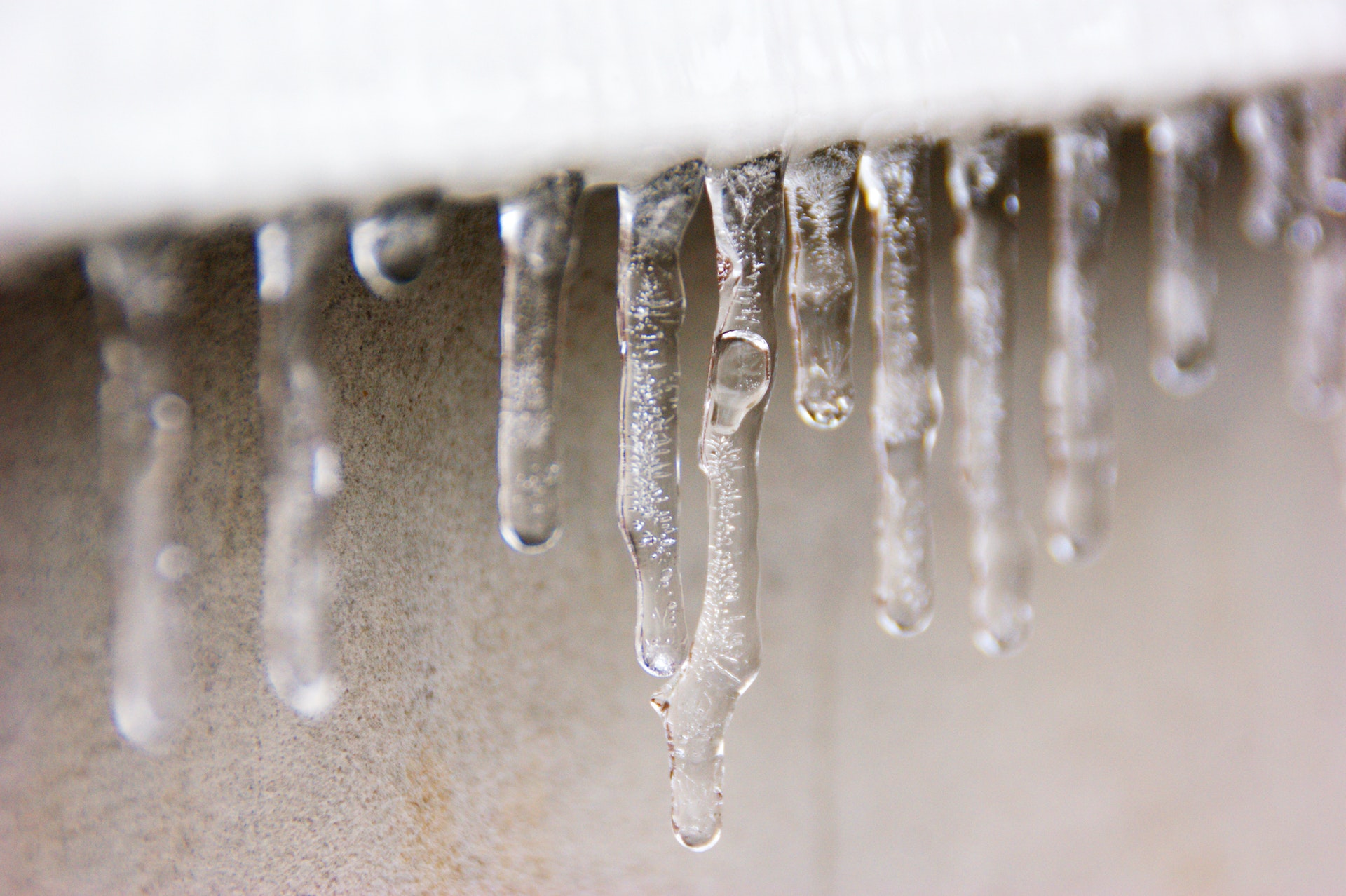Your pipes freezing won’t just leave you without running water – they can also flood and damage your home.
Here’s everything you need to know about how to stop your pipes from freezing – as well as what to do if they do.
Why do pipes freeze?
The pipes in your home always have water in them, even when they’re not being used. This water can freeze, and when it does it expands, potentially damaging or snapping the pipe. The pipes most at risk are those outside your property or in unheated areas like attics or basements.
What temperature do pipes freeze at in the UK?
Water freezes at 0°C, and most plumbers agree your pipes are at risk of freezing once overnight temperatures regularly dip below zero. This plumber recommends you should keep your house heated to at least 5°C, even when you are away, to keep all your pipes above freezing. Energy company SSE recommends keeping the temperature between 12°C and 15°C all the time.
How can I prevent my pipes from freezing?
There are several steps you can take to protect your pipes. One is to make sure that all of your plumbing is properly insulated. As well as a boiler jacket, any exposed pipes should be wrapped in insulation or lagging. The most vulnerable pipes are also the hardest to spot, so make sure to check the attic, basement and outside your property.
Run every tap in the house occasionally to keep water flowing. Once you’ve finished, make sure you turn the tap off completely as drips can freeze over the head of the tap.
Your house should never be left below freezing, even when you’re away. As we said above, your heating should always be set to at least 5°C. If you’re going to be away for a long time over winter, however, ask a friend or neighbour to stop by the house occasionally to run the hot water system and check everything is working.
What should I do if my pipes freeze?
If your pipes do freeze, there are a few things you can do to avoid damage. First, turn the water supply of your property off at the stopcock. This is usually under the kitchen sink or in a utility cupboard, and can be turned to stop the flow of water.
If the frozen pipe hasn’t burst, you can slowly melt the ice using hot water bottles or a hairdryer on a low setting. Don’t try to thaw the pipe with a flame or a blow torch – you’ll damage the pipe’s surface. If you feel nervous about handling the problem yourself you should reach out to a plumber for help.
If the pipe has burst, turn the water stop cock off and open your taps to drain water out of your system. Use towels and blankets around the break to soak up water, and call an emergency plumber. You can find an accredited plumber in your area through watersafe.org.
Read more new home maintenance 101:













